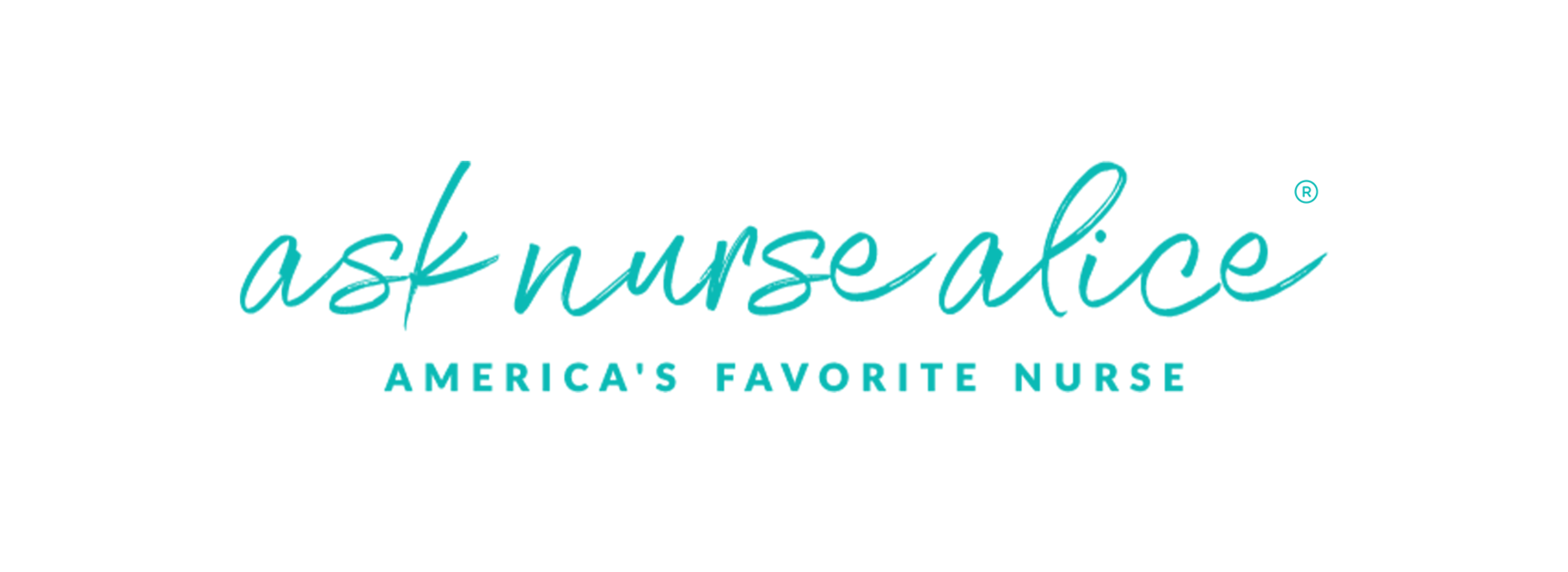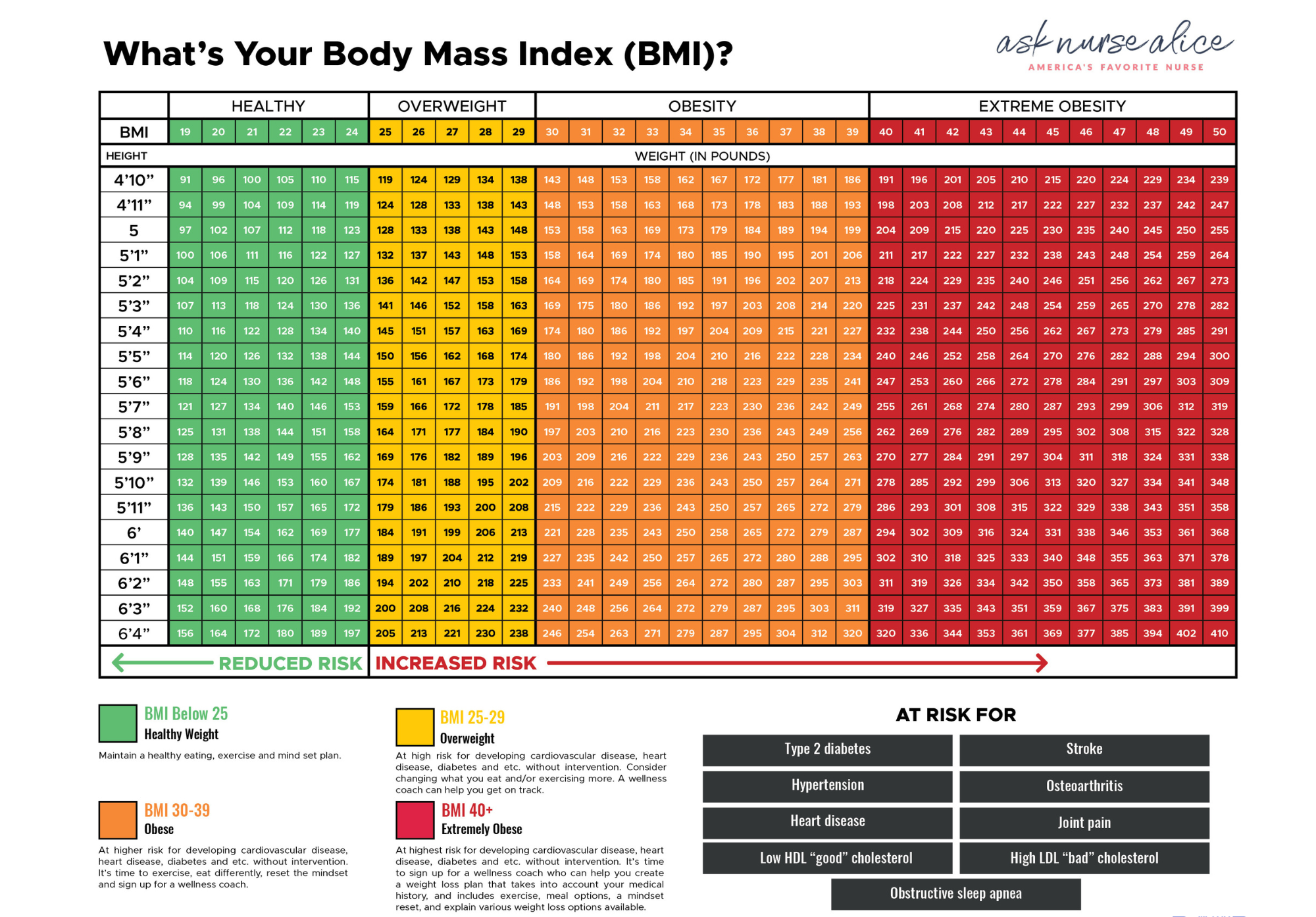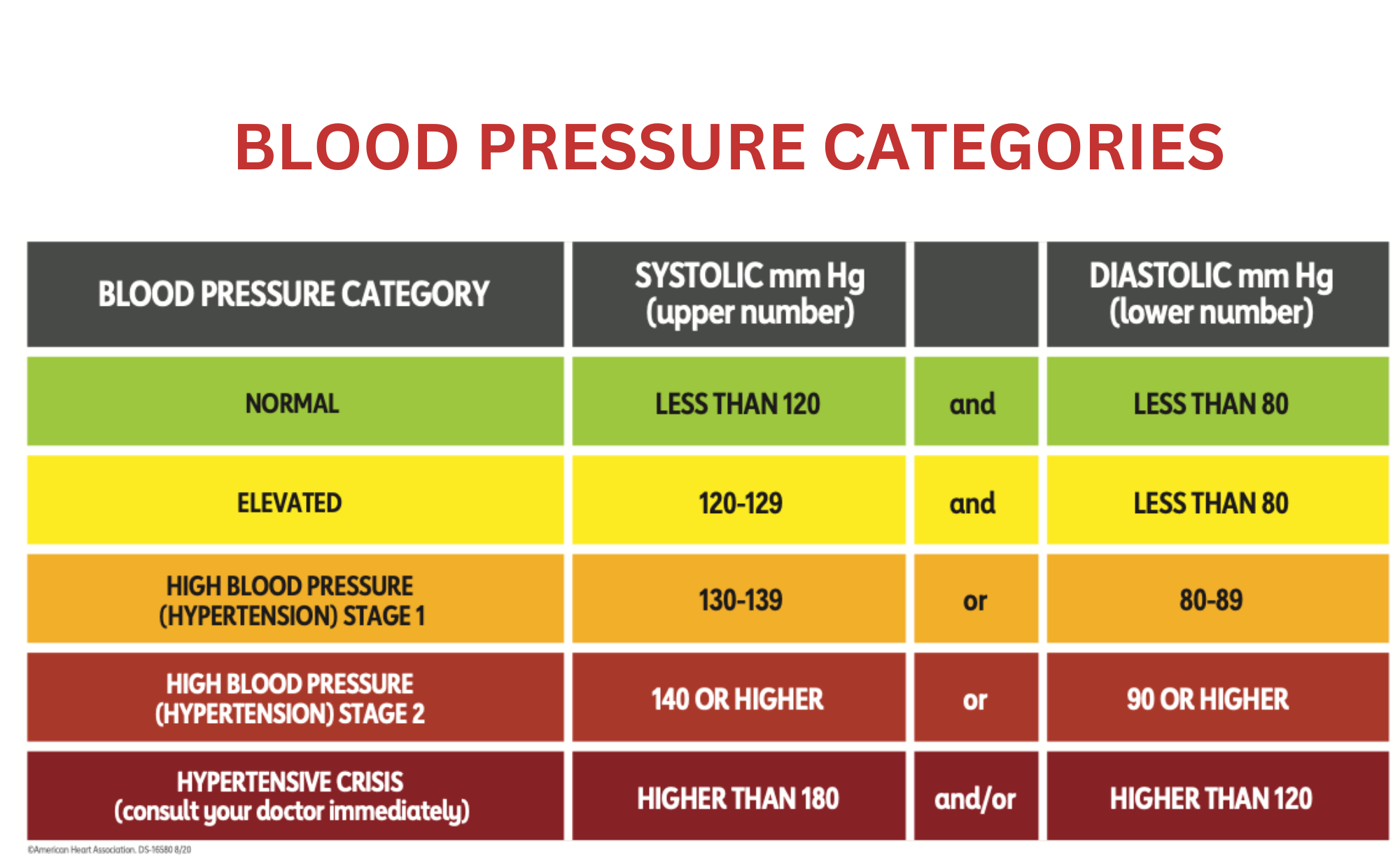Health Screenings at Invest Fest by Ask Nurse Alice

Why Health Screenings are Important
As an entrepreneur, your time, energy, and health are the pillars that support your business success. However, the demanding nature of entrepreneurship -long hours, constant stress, and often neglect of self-care – places you at a higher risk for developing chronic health conditions.
Your health directly impacts not only your productivity and creativity but also the longevity of your career. This makes regular health screenings essential.
Screenings provide critical information about your current health status, allow for early detection of potential health issues, and help you take preventive measures to safeguard your well-being.
For the 2nd year in a row at Invest Fest, Nurse Alice is offering comprehensive health screenings tailored to meet the unique needs of entrepreneurs.
Why Mental Health Screening is Essential:
Mental health is an integral part of your overall well-being, yet it’s often overlooked, especially in the fast-paced world of entrepreneurship. Entrepreneurs are particularly susceptible to mental health challenges such as anxiety and depression due to the high levels of stress, uncertainty, and isolation that often accompany running a business. The PHQ-9 (Patient Health Questionnaire-9) and GAD-7 (Generalized Anxiety Disorder-7) are standardized tools used to assess symptoms of depression and anxiety, respectively.
- PHQ-9: This questionnaire consists of nine questions that assess how often you’ve experienced symptoms of depression, such as low mood, loss of interest in activities, or fatigue, over the past two weeks. Each response is scored, with higher scores indicating more severe depression.
- GAD-7: This screening tool includes seven questions designed to evaluate symptoms of generalized anxiety, such as excessive worry, restlessness, and difficulty concentrating. The scores provide insight into the severity of your anxiety.
Understanding Your PHQ-9 and GAD-7 Screening Results
- Underweight (BMI < 18.5): A BMI below 18.5 indicates that you may be underweight, which could be a sign of malnutrition or an underlying health issue that requires attention.
- Normal weight (BMI 18.5–24.9): A BMI in this range suggests that your weight is within a healthy range for your height, and you have a lower risk of developing chronic conditions associated with weight.
- Overweight (BMI 25–29.9): A BMI in this range indicates that you are carrying excess weight, which may increase your risk for conditions like heart disease, hypertension, and type 2 diabetes. It may be beneficial to consider lifestyle changes to achieve a healthier weight.
- Obesity Class 1 (BMI 30–34.9): This category indicates a moderate risk of developing obesity-related health issues such as cardiovascular disease, type 2 diabetes, and sleep apnea. It’s important to take steps towards weight management through diet, exercise, and possibly medical consultation.
- Obesity Class 2 (BMI 35–39.9): A BMI in this range represents a higher risk of serious health complications, including a greater likelihood of developing chronic conditions like hypertension, type 2 diabetes, and certain cancers. Professional guidance for weight loss and health management is strongly recommended.
- Obesity Class 3 (BMI 40 and above): Also known as severe or morbid obesity, this category is associated with a very high risk of life-threatening health conditions, including heart disease, type 2 diabetes, severe joint problems, and certain cancers. Intensive weight management strategies, including medical or surgical interventions, may be necessary to reduce these risks.
- Consult a Healthcare Provider: If your BMI falls into the obesity categories, it’s important to seek professional medical advice to assess your overall health and explore personalized weight management options.
- Adopt a Balanced Diet: Work with a dietitian to create a nutrition plan that supports healthy, gradual weight loss.
- Increase Physical Activity: Engage in regular physical activity tailored to your ability level, such as walking, swimming, or strength training, to help reduce weight and improve cardiovascular health.
- Consider Behavioral Therapy: Behavioral therapy can help you address emotional and psychological factors related to eating and exercise habits, which can be crucial in achieving long-term weight loss.
- Normal Blood Pressure: A reading of less than 120/80 mmHg is considered normal and indicates that your heart and arteries are functioning well.
- Elevated Blood Pressure: Systolic readings of 120–129 mmHg and diastolic readings below 80 mmHg suggest that your blood pressure is slightly elevated, which could lead to hypertension if not managed with lifestyle changes.
High Blood Pressure (Hypertension) Stage 1: Blood pressure readings of 130-139 mmHg systolic or 80-89 mmHg diastolic indicate Stage 1 hypertension. This stage typically requires lifestyle changes and, in some cases, medication to reduce the risk of further complications.
High Blood Pressure (Hypertension) Stage 2: Blood pressure readings of 140 mmHg or higher systolic or 90 mmHg or higher diastolic indicate Stage 2 hypertension, which usually necessitates a combination of lifestyle changes and medication to manage the condition and prevent serious health issues.
Hypertensive Crisis: If blood pressure readings exceed 180 mmHg systolic and/or 120 mmHg diastolic, this indicates a hypertensive crisis. This is a medical emergency requiring immediate intervention to prevent life-threatening complications such as a heart attack or stroke.
- High Blood Pressure (Hypertension): Readings of 130/80 mmHg or higher indicate hypertension, which requires intervention to reduce the risk of serious health problems. The higher your blood pressure, the greater your risk of heart attack, stroke, and other issues.
Healthy Tips for Blood Pressure Management:
- Reduce your salt intake, as excess sodium can lead to high blood pressure. Focus on a diet rich in fruits, vegetables, whole grains, and lean proteins.
- Engage in regular physical activity, which helps keep your heart healthy and lowers blood pressure.
- Manage stress through relaxation techniques such as deep breathing, meditation, or yoga. Chronic stress can contribute to high blood pressure.
- If you smoke, consider quitting. Smoking raises your blood pressure and contributes to heart disease.
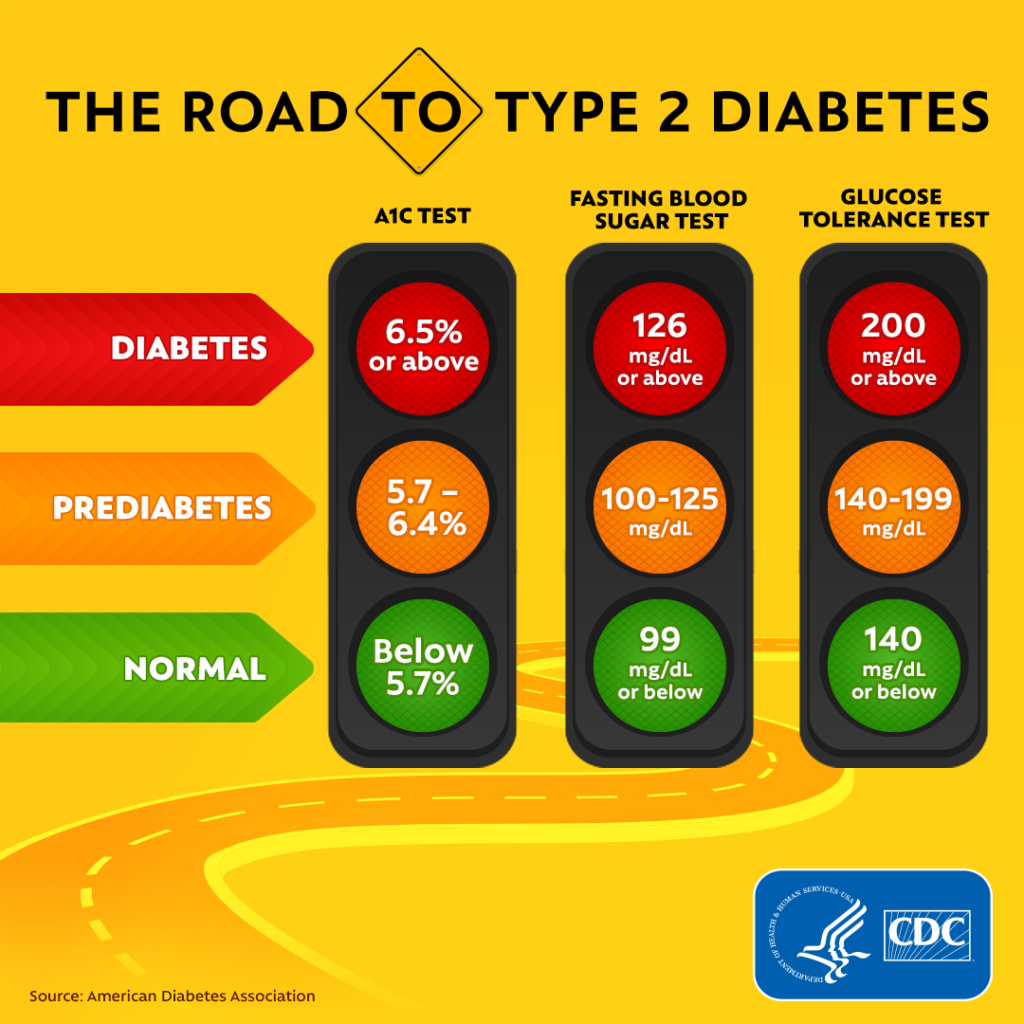
- Normal Fasting Blood Sugar: If you haven’t eaten for at least 8 hours, a normal blood sugar level is between 70 and 99 mg/dL.
- Pre-Diabetes Fasting Blood Sugar: A fasting blood sugar level between 100 and 125 mg/dL is indicative of pre-diabetes.
- Normal Post-Prandial Blood Sugar: If you’ve eaten within the past 2 hours, a normal blood sugar level is less than 140 mg/dL.
- Pre-Diabetes Post-Prandial Blood Sugar: A blood sugar level between 140 and 199 mg/dL after eating indicates pre-diabetes.
- Glucose Tolerance Test: The glucose tolerance test measures your body’s response to sugar. After fasting, you consume a sugary drink, and your blood sugar is measured at intervals over a few hours. A normal blood sugar level 2 hours after consuming the drink should be less than 140 mg/dL. This test is often used to diagnose gestational diabetes or prediabetes.
A1C: The A1C test provides an average of your blood sugar levels over the past 2-3 months, with a normal range being less than 5.7%. While this test is not included in today’s screening, it’s important to know that the A1C is a valuable tool in diagnosing and managing diabetes.
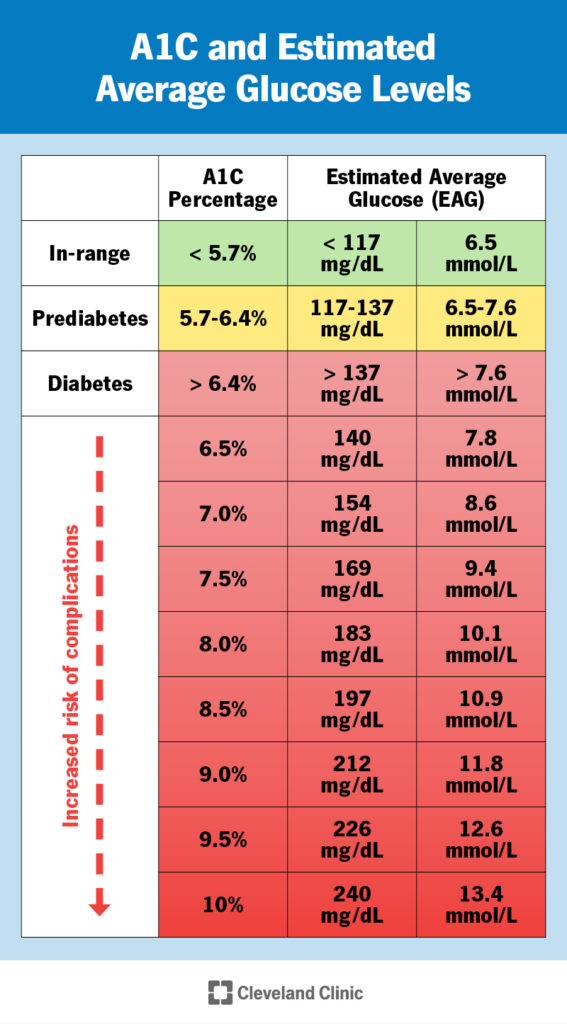 Healthy Tips for Managing Blood Sugar:
Healthy Tips for Managing Blood Sugar:- Adopt a diet that’s low in refined sugars and high in fiber. Whole grains, fruits, and vegetables help regulate blood sugar levels.
- Regular physical activity improves insulin sensitivity and helps maintain normal blood sugar levels.
- Maintain a regular meal schedule to avoid spikes and drops in blood sugar. Small, frequent meals may help keep your levels stable.
- Consider regular glucose monitoring if you have risk factors for diabetes, such as a family history of the condition, being overweight, or having a sedentary lifestyle.
- 20/20 Vision: This is considered normal vision. If you have 20/20 vision, you can see clearly at 20 feet what should normally be seen at that distance.
- Less than 20/20 Vision: If your vision is less than 20/20 (e.g., 20/40), it means that you need to be 20 feet away to see what someone with normal vision can see from 40 feet. This could indicate the need for corrective lenses or further evaluation.
- Protect your eyes from prolonged screen exposure by following the 20-20-20 rule: every 20 minutes, take a 20-second break and focus on something 20 feet away.
- Schedule regular eye exams with an optometrist or ophthalmologist, especially if you notice changes in your vision.
- Wear sunglasses that offer 100% UV protection when you’re outdoors to prevent damage from ultraviolet rays.

"Nurse Alice" Benjamin, MSN, ACNS-BC, FNP-C
Your health is your most valuable asset. Regular health screenings provide vital information that empowers you to make informed decisions about your well-being. By staying on top of your health, you ensure that you have the energy, focus, and resilience needed to succeed in both your business and personal life. We’re here to support you on your journey to better health—so you can continue to innovate, lead, and thrive. If you'd like a consultation, click below.
